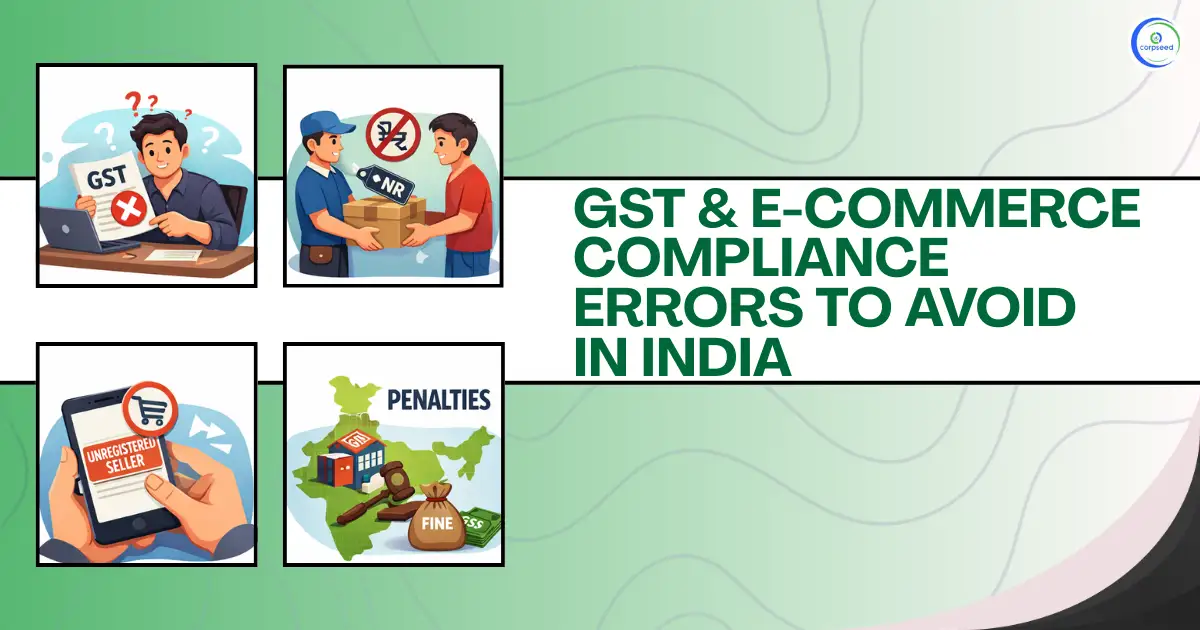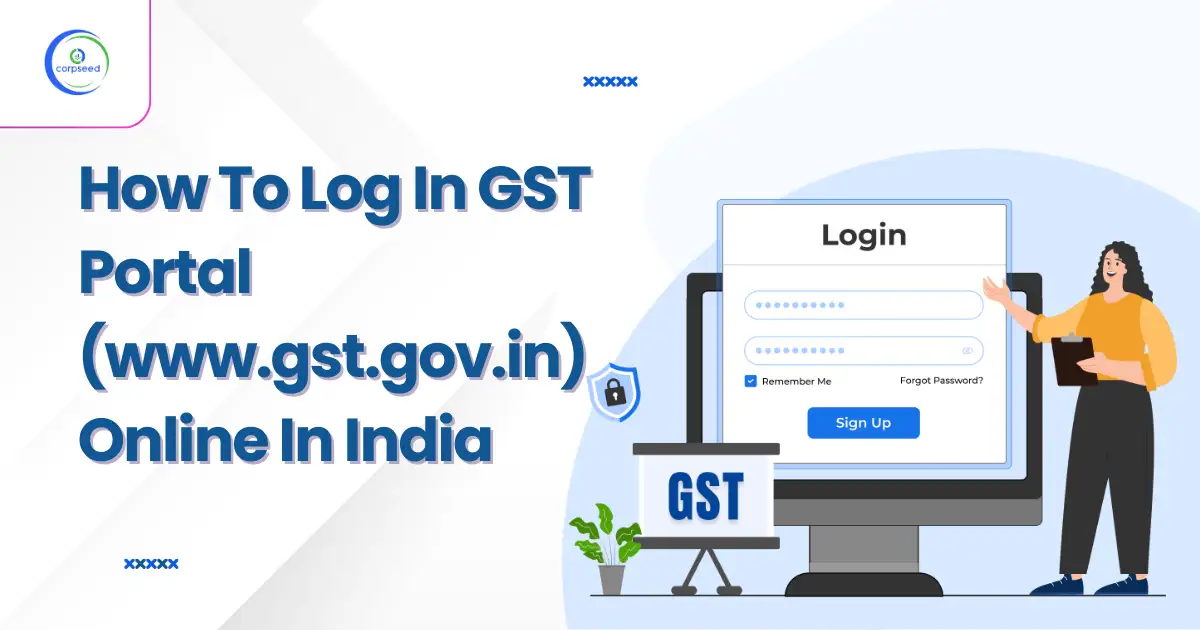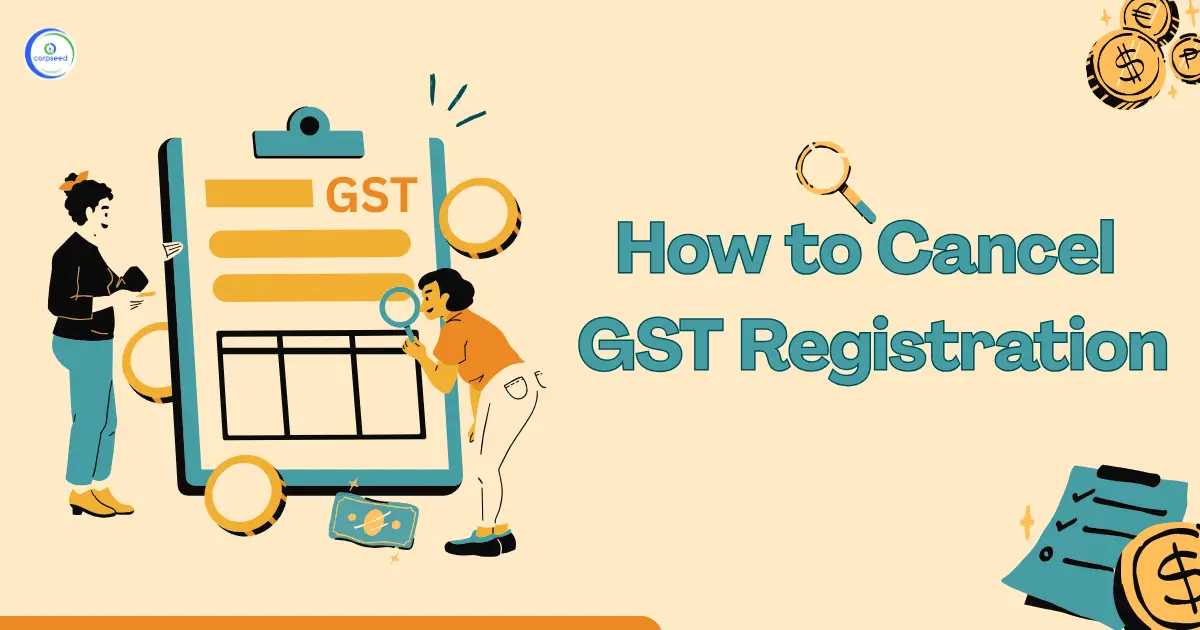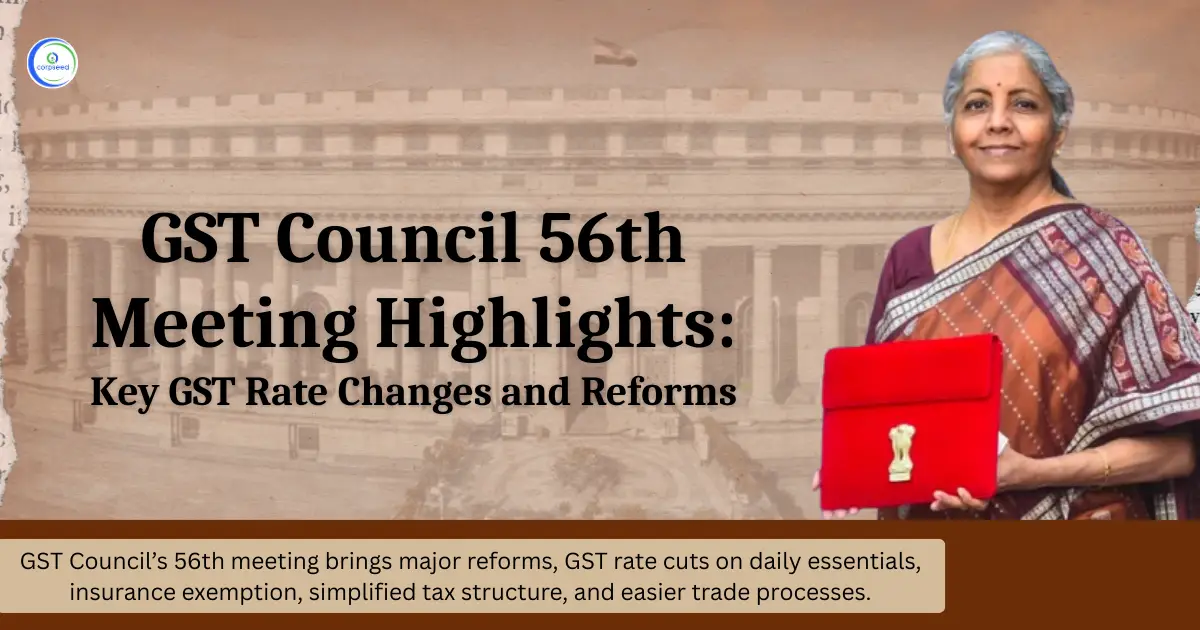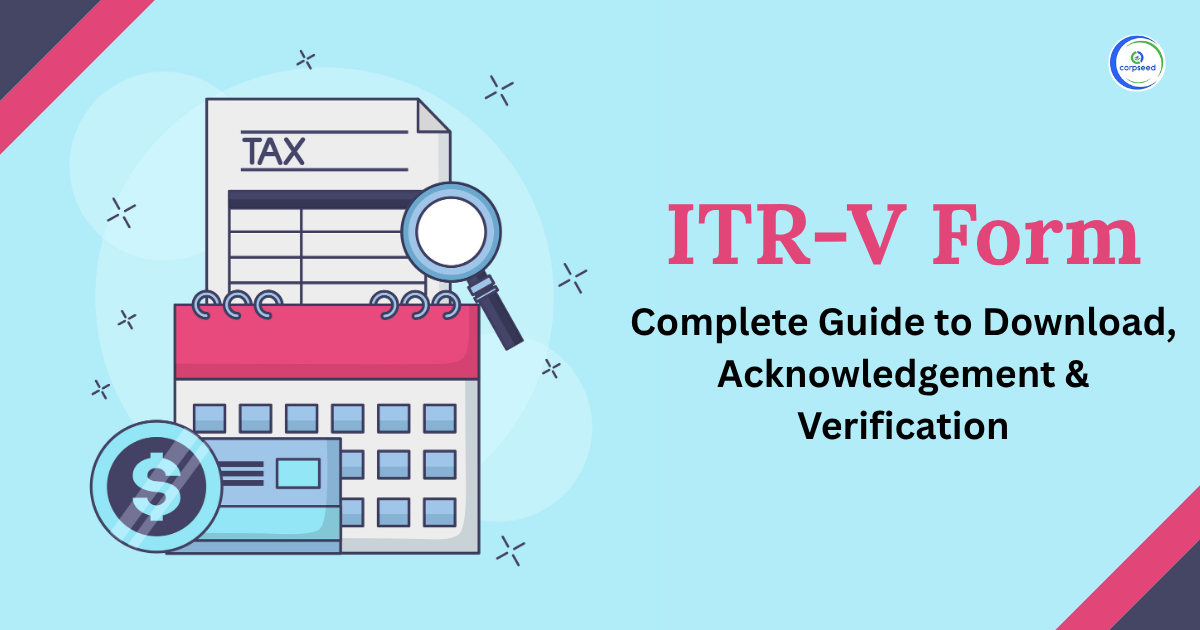Introduction and Meaning of GST
GST is an abbreviation of Goods and Service Tax. GST is a consumption-based tax in which the primary premise is to tax value addition at each stage of the business process. To do this, tax paid on purchases might be used to offset or credit a liability on output or revenue. GST is charged on all goods and services transactions.
In other words, GST is an Indirect tax that is levied on the manufacture, sale & consumption of all goods and services.
Read Our Blog: GST New Updates
Goods which are out from GST are- Alcohol for human consumption and petrol & petroleum products that is petroleum crude, high speed diesel, motor spirit, natural gas etc. GST was initially levied at four rates: 5%, 12 %, 16, and 28 %. The GST council creates a schedule or list of items that would fall under these different slabs.
GST registration is completely an online process in India. This law was passed in 2017, with 122nd amendment act and as a result, the government has automated its operation. Every business with an annual turnover of more than Rs 20 lakh must register for GST. There are no fees to register GST. Each taxpayer is given a 15-digit Goods and Services Taxpayer Identification Number based on their PAN (GSTIN)
In Order to Register for GST in India, You Must Take The Following Steps:

Login to the Website-
The applicant has to go to the following website and create an account. https://www.gst.gov.in/
After that the applicant need to click on the services tab and click on the GST Registration. Thereafter, the applicant must select GST new registration from the drop-down menu. The candidate would be directed to the site, where he or she would be asked for login information and other details.
Fill in the Information-
The applicant must then complete the required information. The name of the company entity, its type, and its PAN number will all be included.
Include Email id and Mobile Number-
Next step, the applicant need to include all information for instance, Email Id and Mobile Number. All future communications will be sent to the email address and mobile number provided.
Generate Temporary Reference Number (TRN)-
Once all the information has been uploaded by the applicant, an OTP (One Time Password) will be generated, and a TRN also would receive by the applicant. This TRN is also referred as Temporary Reference Number.
Input Details of Captcha-
In the Next step, the applicant needs to fill the TRN and Captcha displayed on the screen. After that, the applicant must click on the Proceed button.
GST Registration Page-
In the Next move, the applicant would then be forwarded to a page called GST registration. All business-related information must be submitted by the applicant. This will contain all of the company's details. The date of Commencement of the business must also be added in this form.
Fill in Details-
Every piece of information about the promoters or directors must be presented. If the firm is a partnership, the partners' details must be submitted. In the form, you must include all relevant information about the goods. Any additional locations where items are sold must be listed on the application form.
Upload Required Documents-
The applicant must upload all of the company's documents.
Save and Receive ARN number-
The applicant must save the application and submit it to the appropriate authority. The ARN number will be generated in the email and the SMS.
Documents Required For GST Registration
The following necessary documents essentials for GST registration are:
Sole Proprietorship
- Information of the sole proprietorship.
- Address proof and PAN card of the sole proprietor.
Limited Liability Partnership
- PAN card of the Limited Liability Partnership
- Address proof of the LLP
- Partners Name and all the information
- LLP Agreement
Private Limited Company
- PAN Card
- DIN Number
- Certificate of Incorporation
- Memorandum of Association and Articles of Association
- Digital Signature Certificate
- Board Resolution Signed by the Directors
- Registered Address of the Business
- Identity Proof of all the Directors- Voter ID, Aadhaar Card, Bank Account Statement and Driving License.
Eligibility Criteria for GST Registration
The following Eligibility Conditions must be met by the firm in order to complete the GST Registration Process:
Pre-GST Law-
GST registration is required for all organizations that have been paying indirect taxes such as entertainment tax, sales tax, and Octroi.
Turnover Threshold-
GST registration is required for all firms with revenue of more than a certain amount. Typically, a firm that provides services must have an annual turnover of more than Rs. 20 lakhs, while a business that provides trading and products must have an annual turnover of more than Rs. 40 lakhs.
Resident Status-
Every non-resident taxable individual or casual taxable individual would have to go through the GST registration process.
Agents-
Any type of input service distributor, as well as a supplier's agent, would have to think regarding GST registration.
Reverse Charge Mechanism-
Any company or individual that pays a tax through the reverse charge mechanism must also register for GST.
E-Commerce Entities-
Any type of E-Commerce business will have to go through the GST registration process. However, any business with annual revenue of less than Rs. 20 lakhs is exempt from GST registration.
E-Commerce Aggregators-
The registration of GST by every e-commerce aggregator must be considered a legal mandate.
Database Access-
Any individual or firm that provides data base access or a streaming system to an Indian resident must register under the GST regulations.
Benefits of GST Registration

GST is advantageous to businesses and industry, as well as the government and consumers.
Easy Compliance
All taxpayer services, including registrations, returns, payments, and so on, will be available online, make compliance simple and transparent.
Uniformity of tax rates and structures
GST would make doing business in the country tax-neutral, regardless of where the business is conducted.
Removal of cascading
A function of seamless tax-credits all over the value-chain, and across the state borders, would ensure that there is minimal cascading of taxes.
Improved competitiveness
The reduction of transaction costs of doing business would eventually increase commerce and industry's competitiveness.
Gain to manufacturers and exporters
The incorporation of main Central and State taxes into GST, as well as the complete and thorough set-off of input goods and services and the phase-out of the Central Sales Tax, will lower the cost of locally manufactured goods and services.
Simple and easy to administer
GST would become much easier and simple to administer other than indirect taxes of the centre and state levied so far with the help IT infrastructure.
Better Controls on leakage
There is an in-built mechanism in the structure of GST that would incentivize tax compliance by merchants due to the seamless transfer of input tax credit from one level to another in the chain of value addition.
Higher revenue efficiency
GST is intended to lower the cost of collecting tax revenues for the government, resulting in increased revenue efficiency.
Single and transparent tax proportionate
There will be just one tax from the manufacturer to the customer under GST, leading to tax payments to the ultimate consumer being more transparent.
Relief in the overall tax burden
Input tax credits will be available in the subsequent stage of value addition, making GST basically a value addition tax at each stage.
This portion of the site is for informational purposes only. The content is not legal advice. The statements and opinions are the expression of author, not corpseed, and have not been evaluated by corpseed for accuracy, completeness, or changes in the law.
BOOK A FREE CONSULTATION
Get help from an experienced legal adviser. Schedule your consultation at a time that works for you and it's absolutely FREE.


